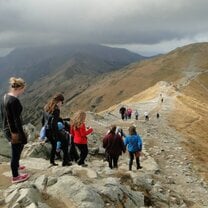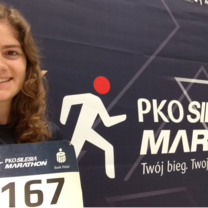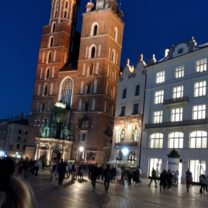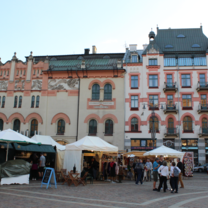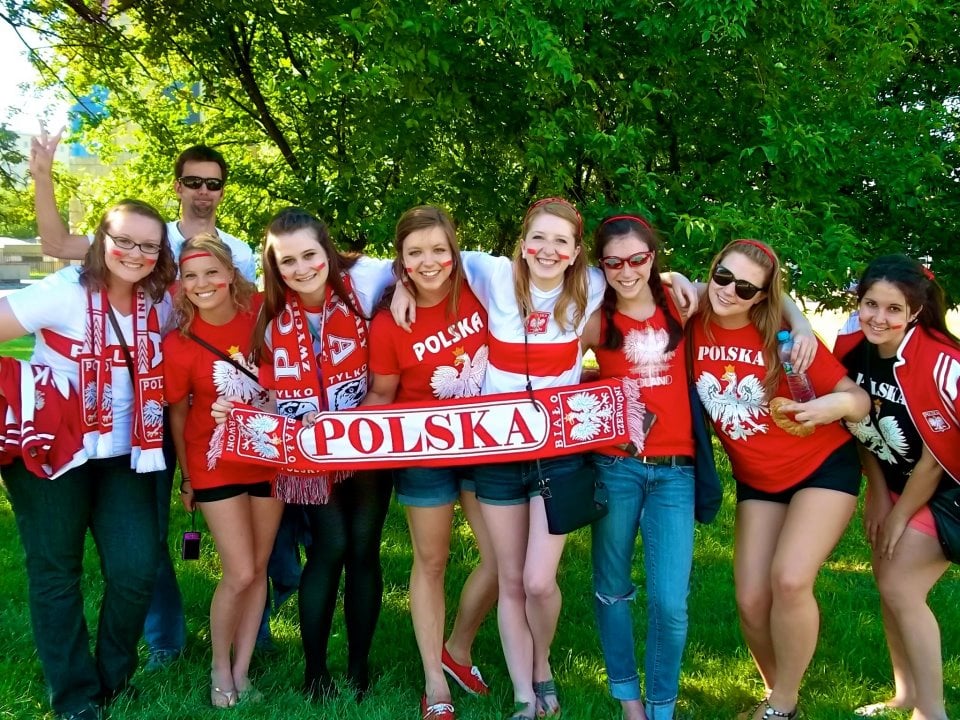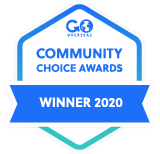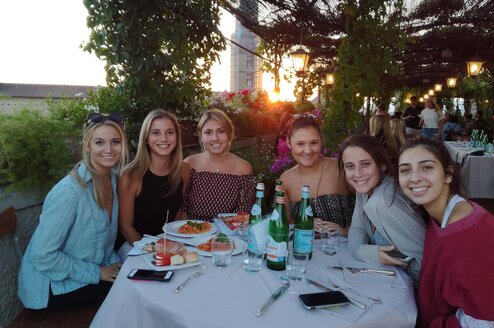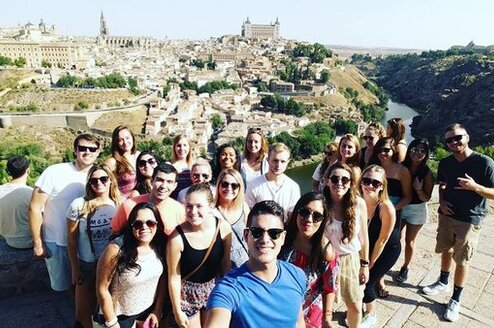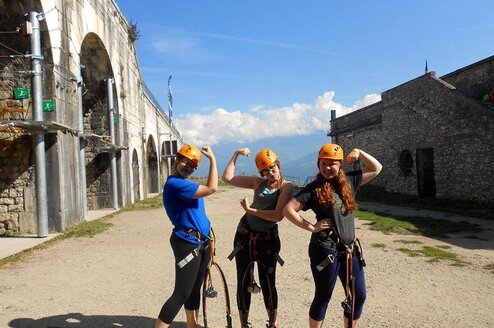- Poland
- Krakow
About Program
Students take courses at Jagiellonian University. Founded in 1364 by King Kazimierz the Great, it is Poland’s oldest university and one of the oldest in Central Europe. Semester and students complete classes in English with visiting students in Jagiellonian’s Interdisciplinary Program in Humanities and Social Sciences. The university offers Polish language and humanities courses (history, literature, philosophy, psychology, culture, art, and religious studies). Students can also take classes with Polish and international students that are taught in English in American studies, business, and communications, European studies, psychology, sociology and more. Summer students will take courses with other Americans and international students that focus on Central European studies and humanities. Whether students choose to focus on Polish studies or take classes in other disciplines, living and studying in Krakow provides an incredible education.
Video and Photos
Program Highlights
- Formerly the capital of Poland, Kraków remains an extremely important academic, artistic, cultural and economic center
- Active student population, vibrant social scene and growing cafe culture
- Kraków’s Old Town was the world’s first designated UNESCO World Heritage Site
- Close to the Tatra Mountains (great for hiking and skiing!) and the famous Wieliczka Salt Mines
- Gain insight into the realities of life during the Holocaust by visiting the Jewish Quarter, Oskar Schindler’s factory, the Empty Chairs Memorial, and nearby Auschwitz, all of which stand as monuments to the past
Popular Programs
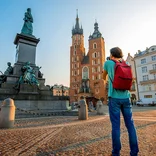
Spend a semester with students from around the world in Kraków! Jagiellonian University boasts a prestigious reputation spanning over six centuries and provides a world-class learning environment. Kraków itself, a UNESCO World Heritage site, boasts a captivating blend of history, art, and entertainment, offering a unique and inspiring setting. Additionally, the city's affordable cost of living, lively student community, and central location in Europe make it a “hidden gem”!
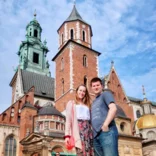
Spend the summer studying Polish language and culture in Kraków! Jagiellonian University boasts a prestigious reputation spanning over six centuries and provides a world-class learning environment. Kraków itself, a UNESCO World Heritage site, has a captivating blend of history, art, and entertainment, offering a unique and inspiring setting.

